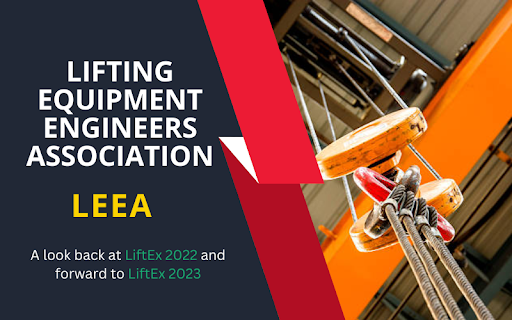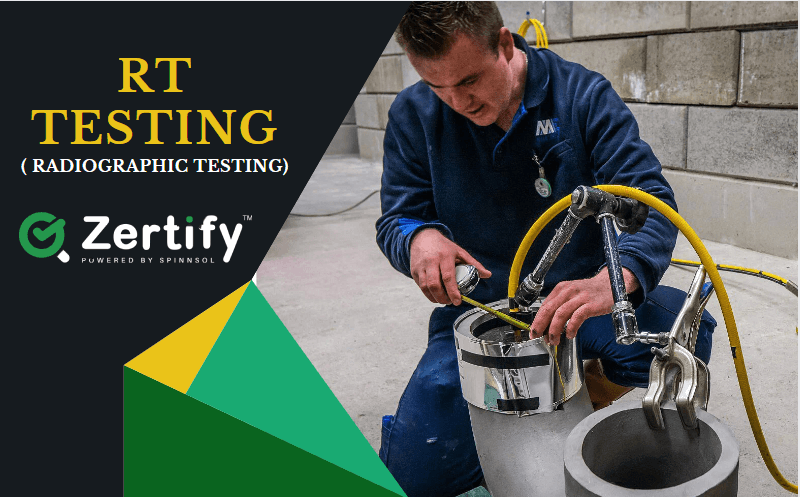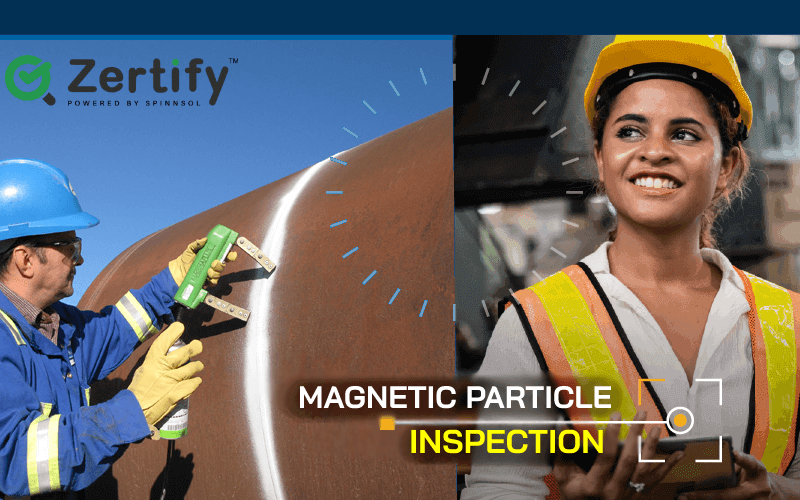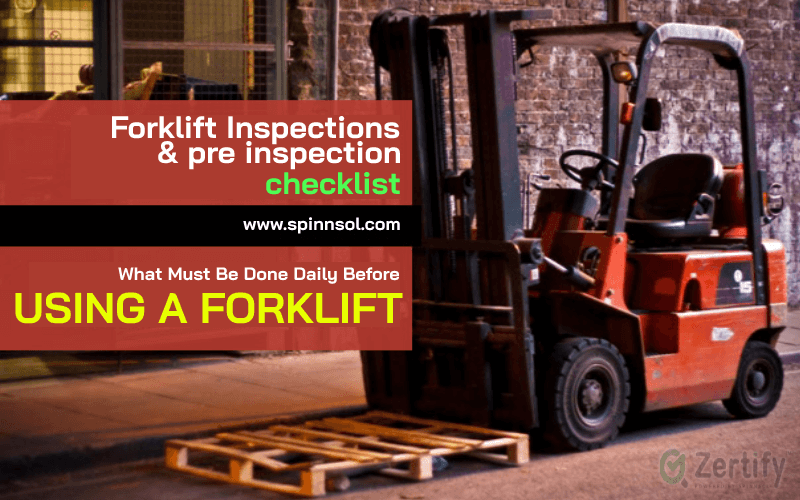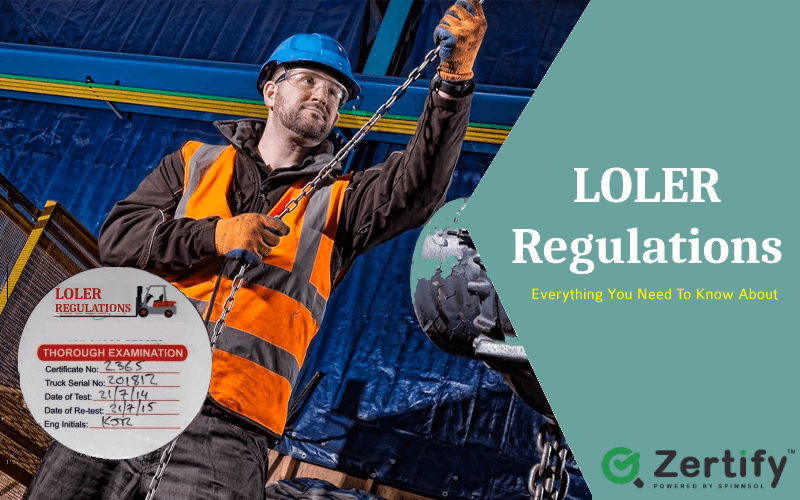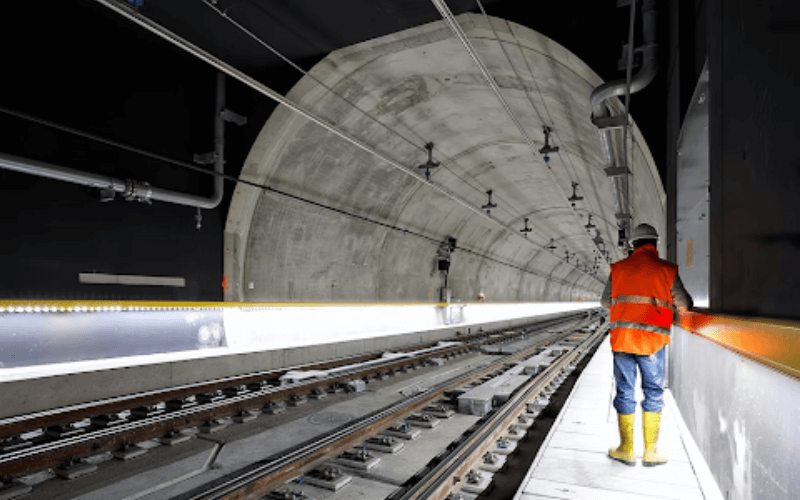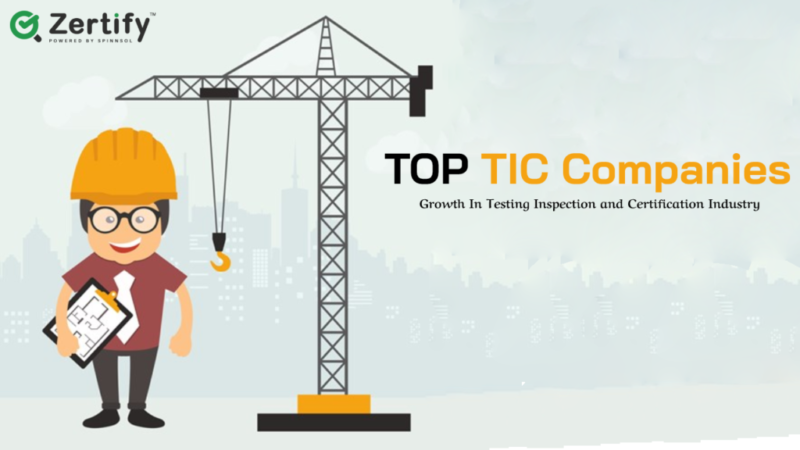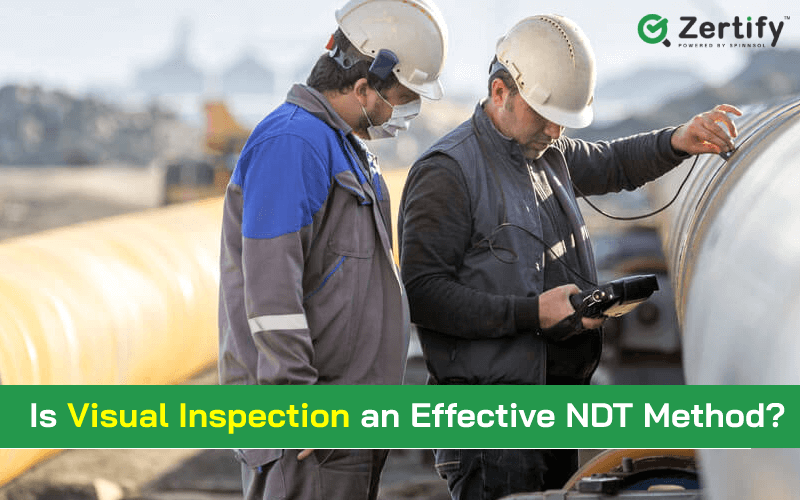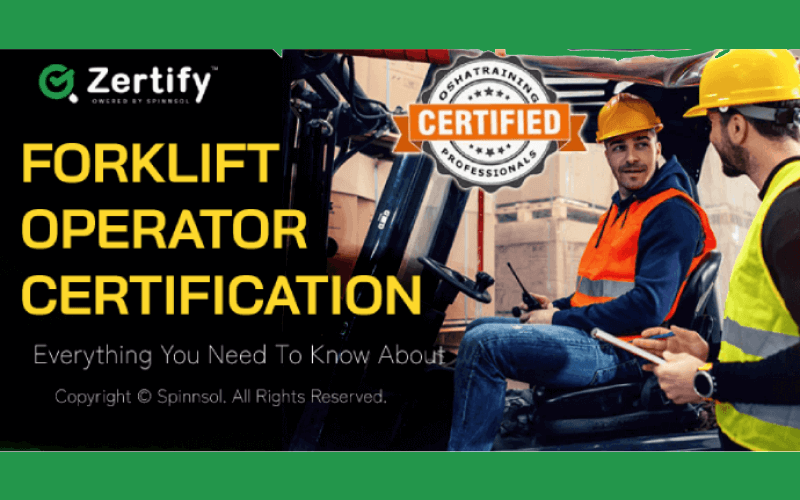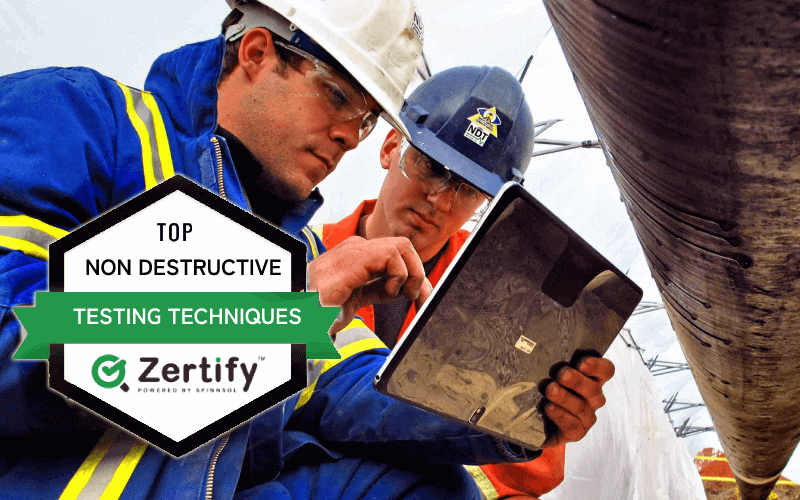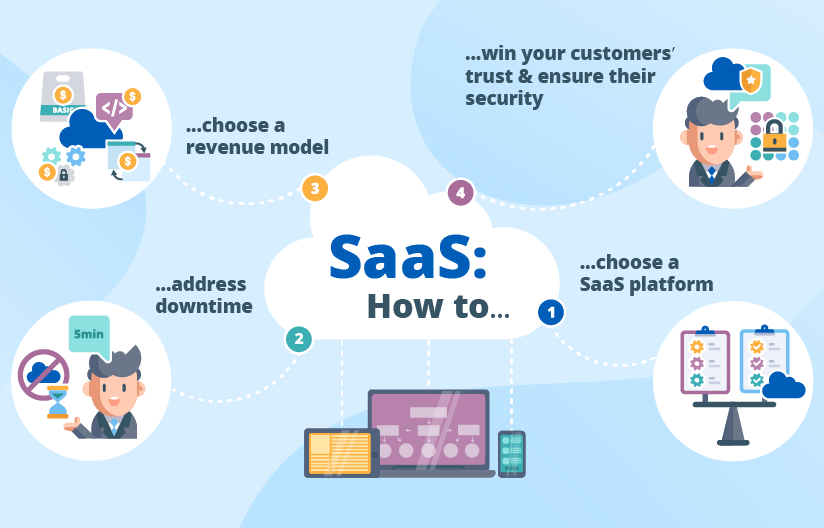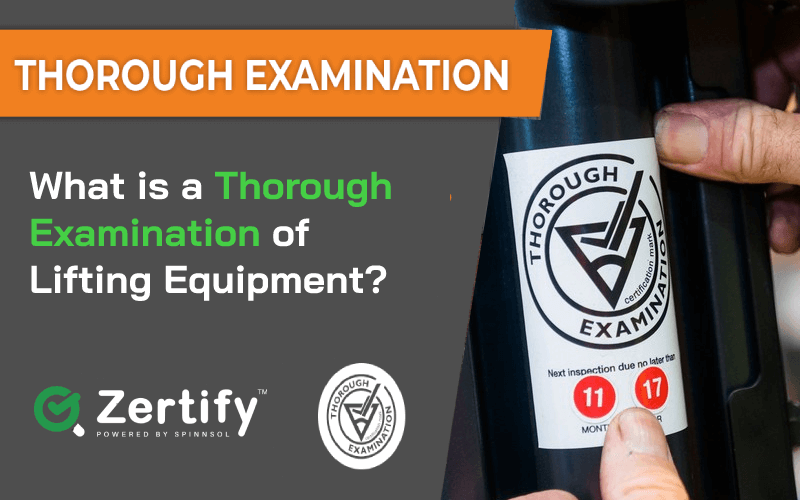
The extent of thorough examinations, oftentimes referred to as a LOLER inspection, aims to ensure that lifting equipment is secure for continued use and there are no signs of damage that could direct to its failure. Thorough examinations are required and should be taken out as per the recommendation of a Competent Individual.
Failures in this kind of equipment can result in substantial or even fateful injuries. Health and safety law, therefore, places a number of distinct obligations on those supplying, controlling, and using lifting equipment to adequately handle these risks.
It’s the Lifting Operations and Lifting Equipment Regulations 1998 (LOLER) that set responsibility on duty holders to assure that the lifting equipment provided for use on their site experiences regular thorough examinations and subsequent inspections. Many business companies make use of the Lifting equipment Inspection Software to optimize all their lifting inspections and certifications according to LOLER and LEEA standards.
Read more on LOLER Regulations | What does LOLER Stands For?
In this blog we will explore in detail and answer queries such as what are the various types of thorough examinations, how frequently should they take place, who is considered a Competent Person under LOLER to hold the inspections, and much more.
What is a ‘Thorough Examination‘ under LOLER?
This is a frequent and detailed examination of the equipment and safety-critical components, carried out at REGULAR intervals by a qualified person who must then conduct a written report. This statement must contain the data required by LOLER Schedule 1, including:
- The thorough examination date
- Any faults found which are (or could potentially become) a threat to people
- The date when the next thorough examination is scheduled
Where severe defects are identified, the competent person carrying out the examination must instantly report this verbally to the duty holder. This should then be tracked by the written report or by making use of a digital testing inspection & certification Software, a copy of which must also be mailed to the appropriate enforcing authority.
LOLER Inspection – Need For LOLER Certificate of Lifting Equipment
All passenger-carrying lifts MUST have a LOLER exam and certification every 6 months by law. This possesses all Gartec platform lifts and goods lifts.
You need an assessment before the foremost use and following any damage or extended non-usage.
What are LOLER Checklists?
LOLER checklists are utilized by site managers, area supervisors, or other competent persons to guarantee the reliability and secure use of lifting equipment, establish workplace safety as an ethical responsibility, and create a safety culture from the ground up
Testing of lifting equipment
Most lifting equipment does not need regular testing as part of the thorough examination – in fact, some overload tests can generate harm to lifting equipment. Where testing is considered necessary, it may not need to be embarked on every thorough examination. The need for, and nature of, testing should be based on an inspection of risk-taking account of details from the manufacturer and other appropriate information – as confined by the competent person.
Supervision and Inspection of lifting Equipment
Supervision of lifting equipment to guarantee it remains secure for use is a requirement of PUWER. In some circumstances – to assist with this, and glimpse any deterioration so it can be fixed in good time – lifting equipment may need to be checked between thorough examinations. Such inspections need to be undertaken by appropriately trained and competent people, which can frequently be the lifting equipment operator or supervisory personnel.
The nature, need for and frequency of such inspections should be decided through risk
assessment, taking full account of any manufacturer’s advice.
Also Read more on What Must be Done Before Using A Forklift?
Reports and Defects
Records should be maintained of all thorough examinations and inspections and of the Declarations of Conformity for all lifting equipment and lifting accessories. Examination and inspection documents do not need to be kept in hard copy form but you should be able to deliver a written copy when required. The records should also be protected from unauthorized alteration.

